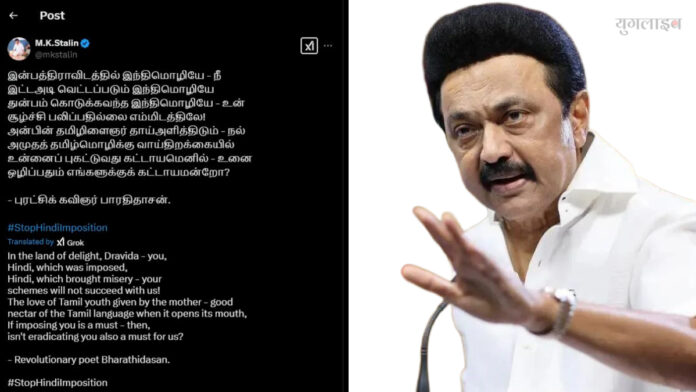CHENNAI, Tamil Nadu — Tamil Nadu Chief Minister M.K. Stalin has firmly rejected the proposed delimitation process for parliamentary constituencies, a move expected to take place in 2026. Stalin convened an all-party meeting on Tuesday, where a resolution was passed unanimously to oppose the exercise, citing it as a threat to Tamil Nadu’s political influence and to India’s federal structure.
The meeting, attended by key political players such as the AIADMK and Congress, yet boycotted by the Bharatiya Janata Party and the Naam Tamilar Katchi, underscored a united stance against the delimitation which Stalin argues could significantly reduce Tamil Nadu’s representation in the Lok Sabha. The Chief Minister insisted that the delimitation process, which involves redrawing constituency boundaries based on population changes, should continue to be based on the 1971 Census data to safeguard the representation quotas for the next three decades.
“Our commitment is to protect the interests of Tamil Nadu and ensure our representation is not diminished. The current proposal disregards the achievements made by southern states in population control,” Stalin stated addressing the meeting. He urged southern states to form a coalition to resist the delimitation process based on demographic shifts.
The prospect of delimitation has raised concerns that Tamil Nadu, alongside other southern states, might lose parliamentary seats as a result of slower population growth compared to the northern regions. Stalin advocates for a freeze on delimitation based on the 1971 Census, arguing it maintains status quo in representation while recognizing the population control efforts made by southern states.
The resolution from the meeting called for a Joint Action Committee to strategize collectively with other southern states against the proposed delimitation methodology. Tamil Nadu officials emphasized the criticality of this coalition in preventing the erosion of political influence due to demographic disparities.
In response to these developments, Union Home Minister Amit Shah addressed concerns, affirming that the delimitation exercise, aligned with the 2026 Census data, would not indiscriminately reduce southern states’ seats. However, this assurance has not alleviated fears among Tamil Nadu’s political leadership, who remain steadfast in their opposition.
The debate over delimitation in Tamil Nadu reflects broader national tensions over representation and resource allocation, particularly where states with contrasting growth rates are concerned. As discussions advance, the interplay between demographic trends and political representation will likely continue to pose challenges for India’s federal framework.




